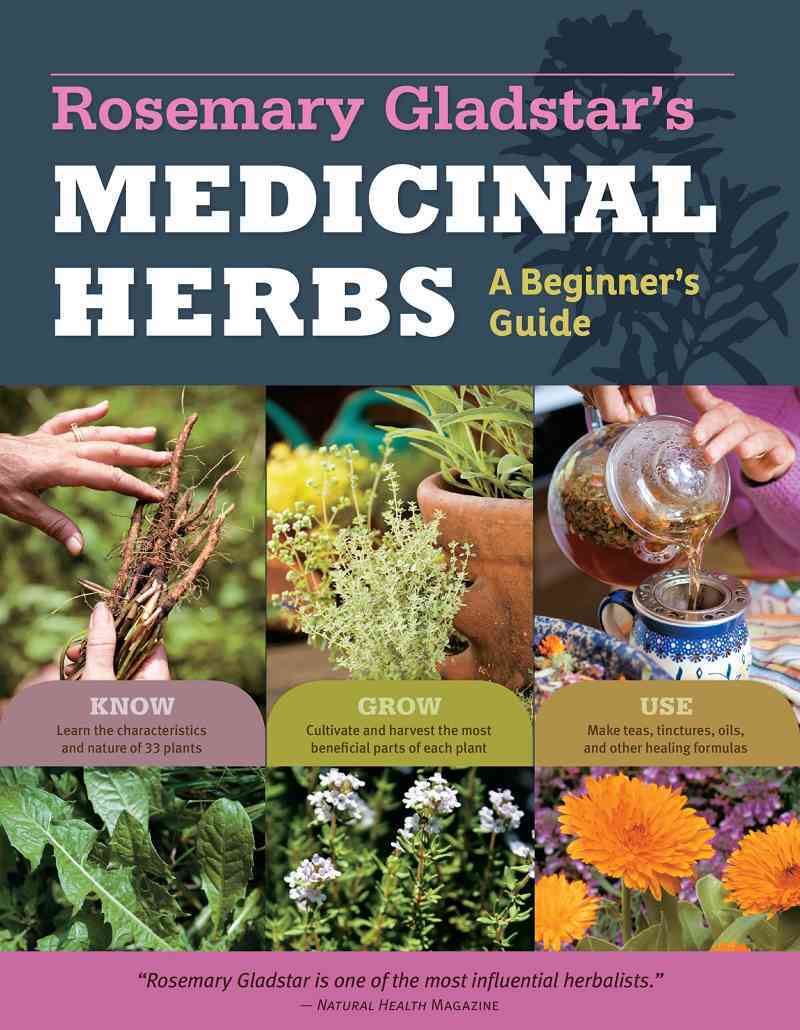Medicinal Herbs: The Healing Power of Nature
Medicinal herbs have been used for centuries by various cultures around the world to treat a wide range of health conditions. These plants contain natural compounds that have been shown to have therapeutic properties, making them valuable resources for alternative and complementary medicine. From soothing digestive issues to providing relief from anxiety and stress, medicinal herbs offer a holistic approach to health and wellness.
The History of Medicinal Herbs
The use of medicinal herbs dates back thousands of years, with evidence of their use found in ancient civilizations such as the Egyptians, Greeks, Romans, and Chinese. These cultures recognized the healing properties of plants and integrated them into their traditional medical practices. Herbal medicine was used to treat a variety of ailments, from infections to chronic diseases, and was often passed down through generations.
In medieval Europe, herbal medicine continued to thrive, with monks and herbalists cultivating gardens filled with medicinal herbs. These plants were used to create tinctures, teas, and salves that were administered to patients to promote healing. As scientific advancements were made, the use of medicinal herbs declined in favor of synthetic drugs. However, in recent years, there has been a resurgence of interest in herbal medicine as people seek natural alternatives to conventional treatments.
The Benefits of Medicinal Herbs
Medicinal herbs offer a multitude of benefits for both physical and mental health. Many herbs have anti-inflammatory, antimicrobial, and antioxidant properties that can help boost the immune system and protect the body from illness. For example, echinacea is a popular herb known for its immune-boosting properties and is often used to prevent and treat the common cold.
:max_bytes(150000):strip_icc()/VWH_Illustration_10-Healing-Herbs-With-Medicinal-Benefits_Illustrator_Mira-Norian_Title_Final-47ce13013375448c9e8e7e8c21fb50f7.jpg)
Other herbs, such as chamomile and valerian root, have calming and sedative effects that can help reduce anxiety and promote relaxation. These herbs are often used to alleviate stress and improve sleep quality. Additionally, herbs like ginger and peppermint can aid in digestion and relieve symptoms of indigestion and bloating.
One of the greatest benefits of medicinal herbs is their natural origins. Unlike synthetic drugs, which can have harmful side effects, herbs are gentle on the body and have fewer risks of adverse reactions. This makes them a safe and effective option for those seeking alternative treatments for their health concerns.
Popular Medicinal Herbs
There are thousands of medicinal herbs that have been used for various health conditions, but some are more well-known and widely used than others. Here are a few popular medicinal herbs and their benefits:
1.
Lavender

: Lavender is known for its calming and relaxing properties. It can help alleviate anxiety, stress, and insomnia. Lavender essential oil is often used in aromatherapy to promote relaxation and improve sleep quality.
2.
Turmeric
: Turmeric is a powerful anti-inflammatory herb that can help reduce pain and swelling in the body. It also has antioxidant properties that can protect cells from damage and improve overall health.
3.
Ginseng
: Ginseng is an adaptogenic herb that can help the body adapt to stress and improve energy levels. It is often used to boost the immune system, enhance cognitive function, and increase stamina.
4.
Peppermint
: Peppermint is a popular herb that can aid in digestion and relieve symptoms of indigestion, bloating, and gas. It also has a cooling effect that can help soothe sore muscles and headaches.
5.
Garlic
: Garlic is known for its antimicrobial and immune-boosting properties. It can help prevent and treat infections, lower blood pressure, and improve heart health.
How to Use Medicinal Herbs
Medicinal herbs can be used in a variety of ways to promote health and wellness. They can be consumed as teas, tinctures, capsules, or added to food as spices. Herbal teas are a popular way to enjoy the benefits of medicinal herbs, as they are easy to make and can be customized to suit individual needs. Tinctures are concentrated herbal extracts that can be taken orally or added to water or juice.
Capsules are another convenient way to take medicinal herbs, as they provide a standardized dose of the herb and are easy to swallow. Many herbs can also be used topically in the form of creams, lotions, and oils to treat skin conditions or relieve muscle pain.
Before using medicinal herbs, it is important to consult with a healthcare provider or herbalist to ensure they are safe and appropriate for your individual health needs. Some herbs may interact with medications or have contraindications for certain conditions, so it is essential to seek professional guidance before incorporating them into your healthcare routine.
In conclusion, medicinal herbs offer a natural and holistic approach to health and wellness. These plants have been used for centuries to treat a wide range of health conditions and offer numerous benefits for physical and mental well-being. By incorporating medicinal herbs into your daily routine, you can experience the healing power of nature and support your body’s natural ability to heal and thrive.